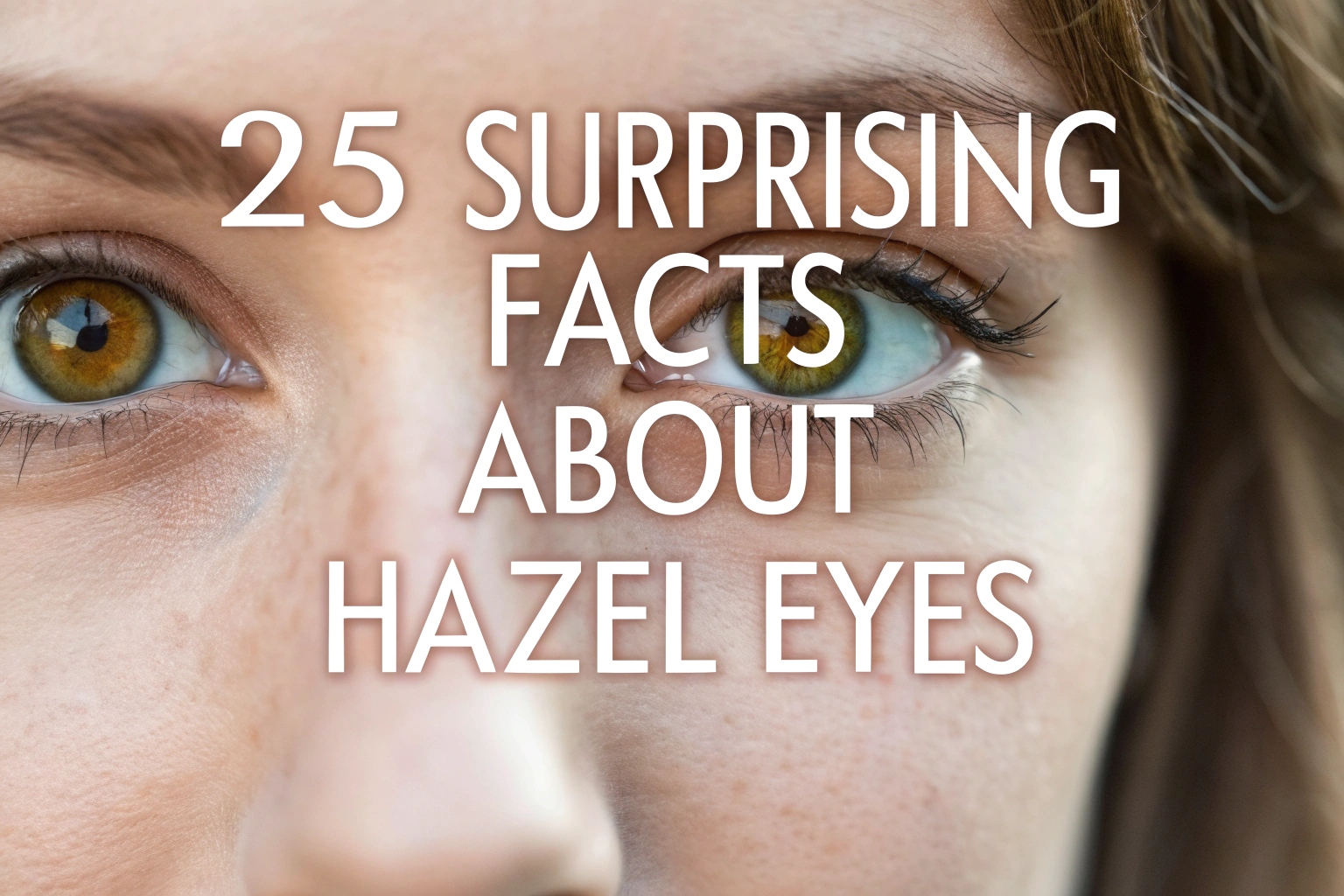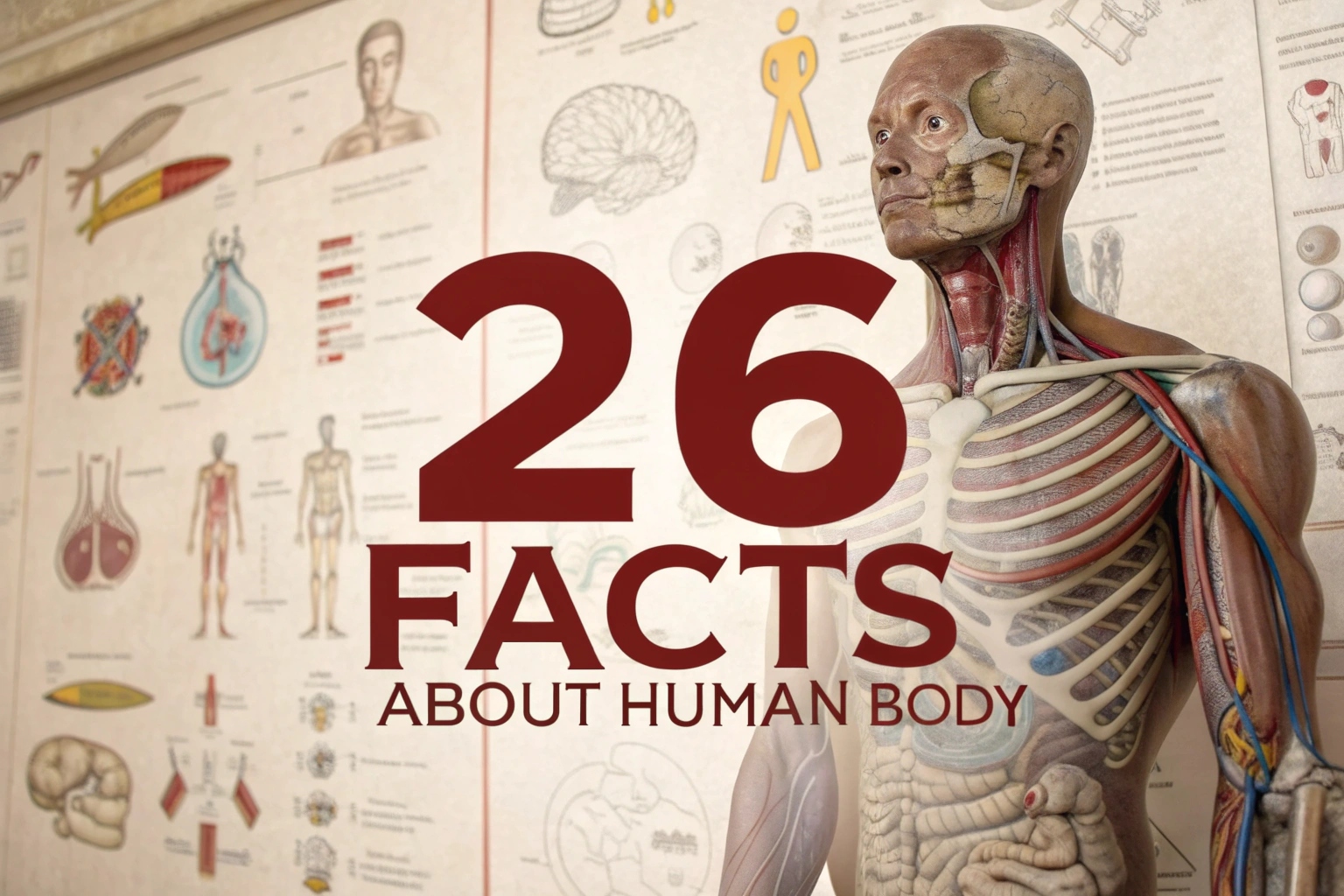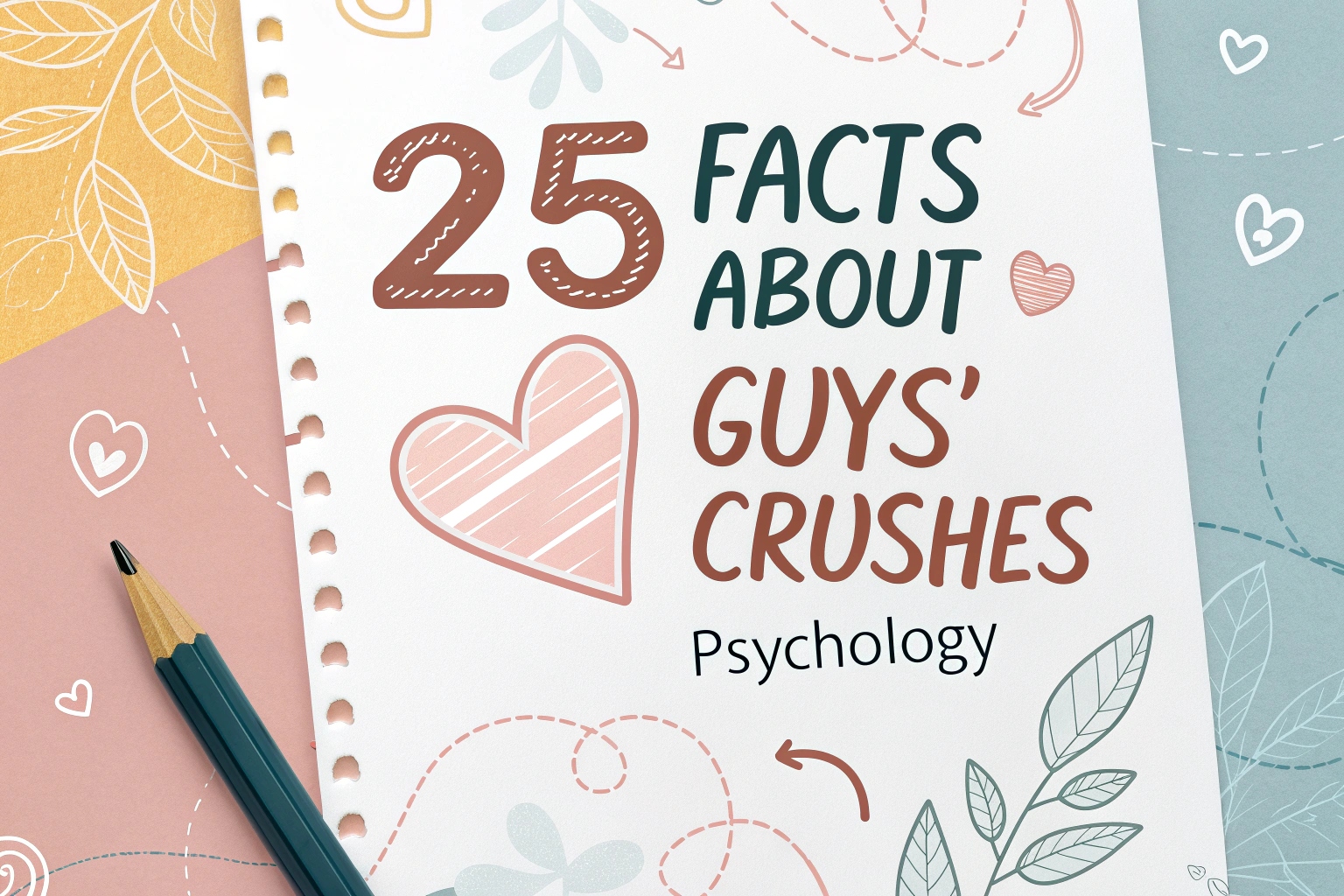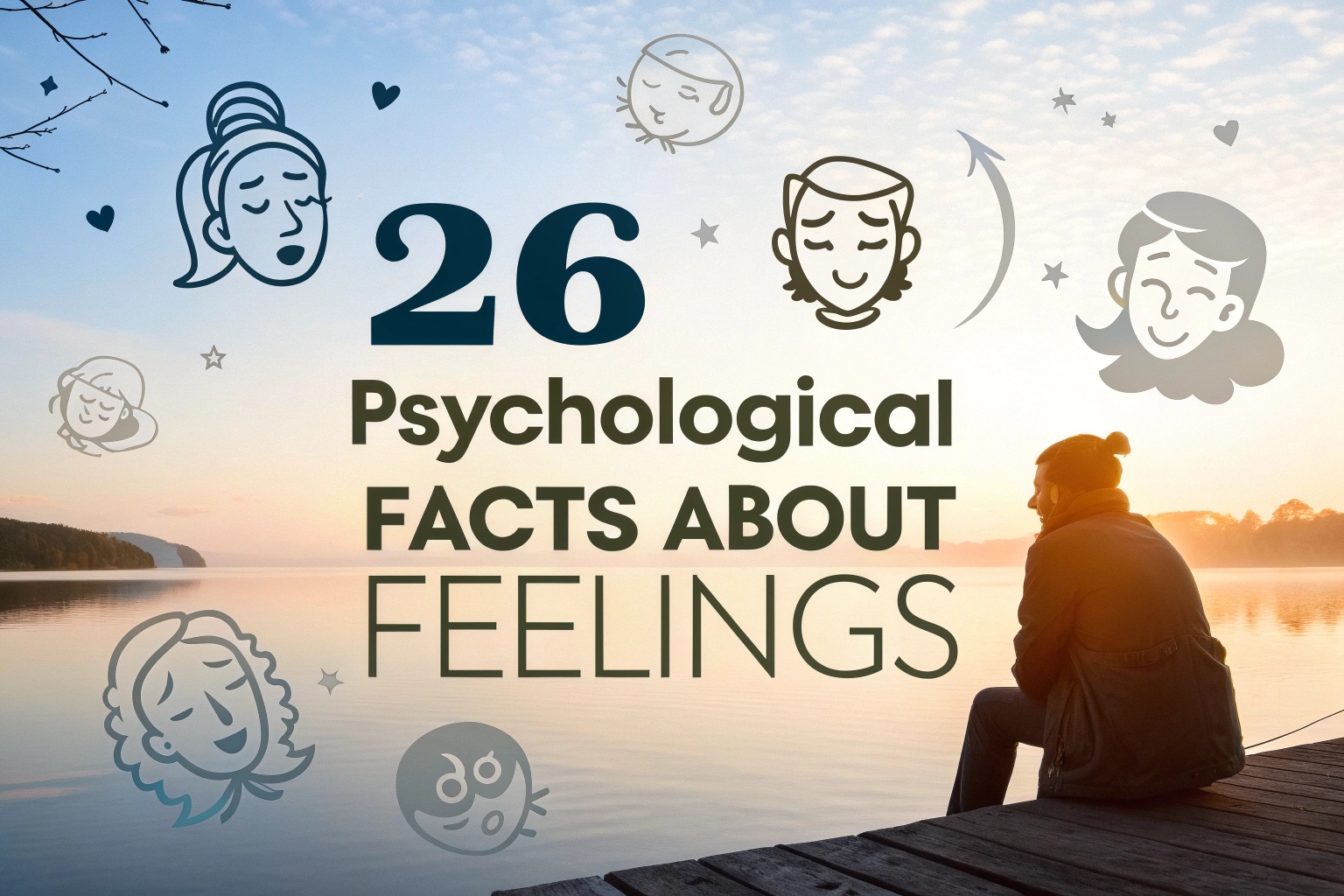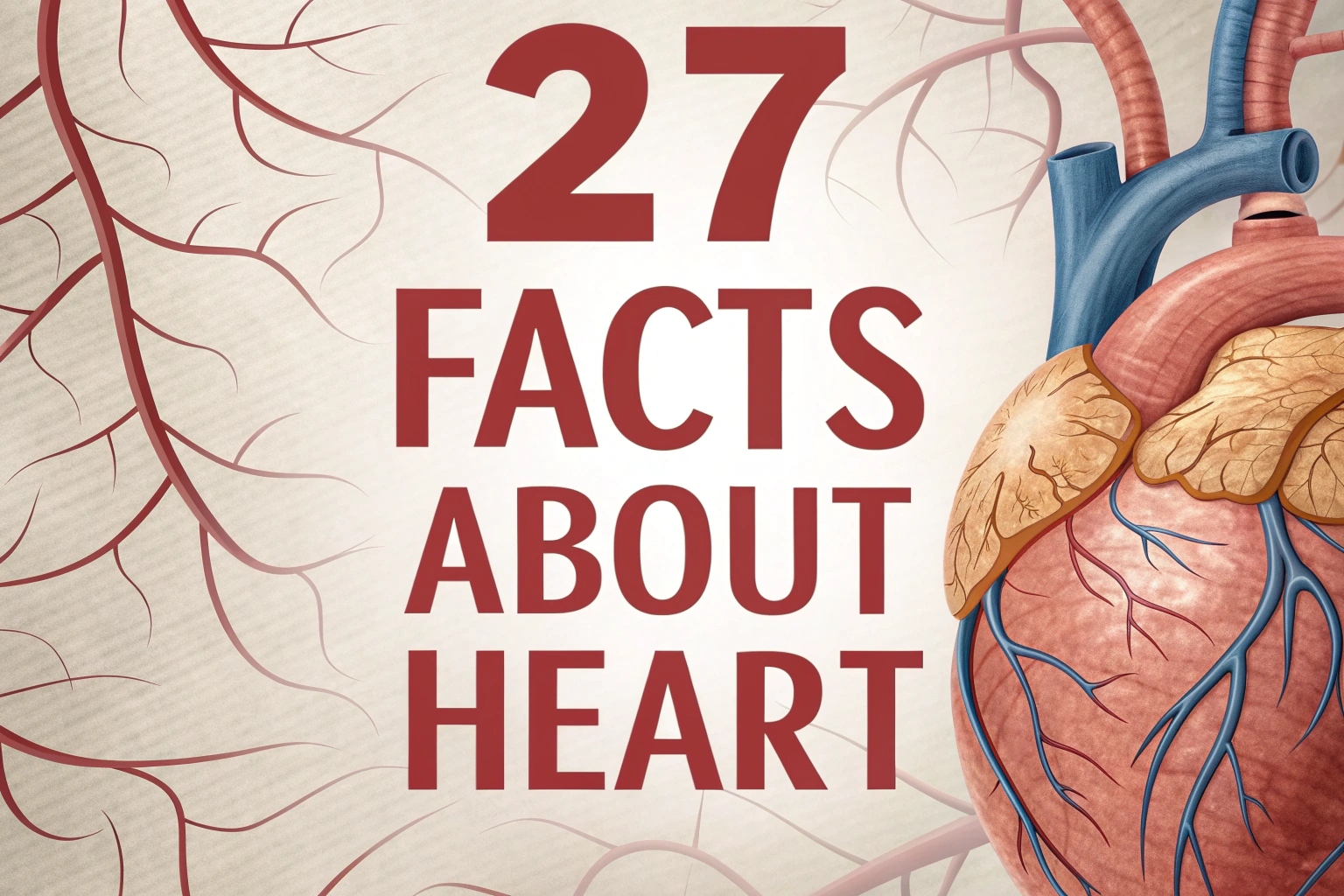Love isn’t just a feeling—it’s a fascinating psychological experience that affects our brains, bodies, and behaviors in surprising ways. Whether you’re in a new relationship, happily committed, or just curious, the science behind love reveals how deeply it’s wired into our human nature.
From brain chemistry to emotional bonding, psychologists have uncovered some incredible insights into what love really does to us.
1. The Brain Reacts to Love Like It’s a Drug
When we fall in love, our brain releases a cocktail of chemicals, including dopamine, oxytocin, and serotonin. These neurotransmitters are also associated with pleasure and reward, much like the effects of drugs.

This is why love can feel so addictive and euphoric. In fact, studies have shown that the brain’s response to love is similar to the way it reacts to substances like cocaine, making it easy to understand why we can feel so “high” when we’re in love.
2. Love Can Lower Stress Levels
Being in a loving relationship can help reduce your stress levels. Research shows that when you’re with someone you trust, your body produces less cortisol, the hormone responsible for stress. The presence of a partner can promote relaxation and feelings of safety, which help to lower anxiety.
This is why many people feel more at ease and emotionally stable when they’re in a supportive relationship, and it demonstrates how love can be a powerful tool for managing life’s pressures.
3. Heart Rate Syncs with Your Partner’s
A phenomenon known as “interpersonal synchronization” shows that when you’re in close proximity to a loved one, your heart rates can actually synchronize. Studies have found that couples’ heartbeats can match, especially in moments of intimacy.
This synchronization is believed to be a result of deep emotional connection and empathy, showing just how much our bodies are linked to those we love on a physiological level. It’s as if love can make your heart beat as one.
4. Eye Contact Can Increase Attraction
One of the simplest yet most powerful ways to connect with someone is through eye contact. Psychologists have found that prolonged eye contact can increase feelings of attraction and trust between two people.
When you gaze into someone’s eyes for a certain period, your body releases oxytocin, the “love hormone,” which enhances bonding. This is why locking eyes with a partner can feel so intense and emotionally charged—it’s a natural bonding mechanism!
5. Love Can Improve Your Immune System
Being in love has more benefits than just making you feel good emotionally—it can also boost your physical health. Studies show that people who are in loving relationships tend to have stronger immune systems than those who are single or in less supportive relationships.
The positive emotions associated with love can help reduce inflammation and promote a healthy immune response, making you less susceptible to illness.
6. Your Voice Changes When Talking to a Loved One
Have you ever noticed that your tone of voice changes when talking to someone you’re close to? Research has shown that people unconsciously modify their speech patterns when communicating with their romantic partners.
The tone, pitch, and rhythm of your voice can soften, and you may even speak more gently when expressing affection. This vocal adjustment is a natural way to express warmth and tenderness, enhancing the emotional connection.
7. Love Can Help You Live Longer
Studies have shown that people in loving, supportive relationships tend to live longer, healthier lives. This could be due to the emotional, social, and physical benefits that love brings.
Partners often encourage healthier lifestyle choices, offer emotional support during tough times, and reduce stress, all of which contribute to overall well-being. So, love doesn’t just make life more enjoyable—it might actually add years to it!
8. Falling in Love May Lead to Idealization
When we first fall in love, we tend to idealize our partner, often overlooking their flaws or imperfections. This psychological phenomenon is known as “romantic idealization.”
While this can create an intense connection in the early stages of a relationship, it can also set unrealistic expectations. Over time, as you get to know each other better, the idealization may fade, leading to a more realistic and grounded view of your partner.
9. The Color Red Makes You More Attractive
It turns out that the color red can play a role in attraction. Research has shown that people tend to find others wearing red more attractive and desirable, especially in romantic contexts.
This may be because red is associated with passion, love, and sexual desire. The color activates feelings of arousal and attraction, making it a powerful tool in the game of love.
10. Love Can Make You More Empathetic
Being in love increases your ability to empathize with your partner. Studies show that people in close relationships tend to be more attuned to their partner’s emotions, understanding their feelings and needs better.
This increased empathy is key to maintaining a healthy and harmonious relationship. The more you care for someone, the easier it is to put yourself in their shoes and offer the emotional support they need.
11. Love is Literally a Heartwarming Experience
The emotion of love can physically warm us up. Studies have shown that when people think about their romantic partners, their body temperature increases, creating a physical sensation of warmth.
This “heartwarming” effect is linked to the emotional security and comfort that love provides. So, when you feel that cozy, happy sensation in your chest, your body is literally responding to the love you feel.
12. Love Can Make You More Creative
Being in love has been shown to enhance creativity. Researchers suggest that when we’re in a loving relationship, our brains function more freely and innovatively.
Love can inspire new ideas, drive, and problem-solving skills by fostering a sense of safety and emotional support. Romantic partners often encourage each other to take creative risks, and that support can push you to think outside the box.
13. Couples Mirror Each Other’s Movements
In close, loving relationships, couples often unconsciously mirror each other’s body language. This includes actions like mimicking facial expressions, posture, and even speech patterns.

Psychologists believe this mirroring occurs because of the strong emotional connection between partners, fostering empathy and closeness. It shows how deeply intertwined your emotional and physical responses are when you’re in love.
14. Love Can Improve Your Pain Tolerance
Love has a surprising link to pain tolerance. Studies have shown that people who feel loved and supported are better able to endure physical pain.
This is due to the comforting effect that love and emotional security have on the brain. When you feel cared for, your body releases endorphins and other hormones that not only make you feel good but also help dull physical pain, making it easier to manage discomfort.
15. Love Triggers the Reward Center in Your Brain
Love activates the brain’s reward system in much the same way as food, money, or even winning a prize. When you’re in love, your brain releases dopamine, the neurotransmitter associated with pleasure and motivation.
This is why we often feel euphoric or excited when we’re around someone we love—it’s essentially a “reward” that reinforces bonding and connection, creating an addictive cycle of happiness.
16. People in Love See Their Partner as More Attractive
When we’re in love, we tend to see our partner as more physically attractive than others might. This is due to the psychological phenomenon called “positive illusions.”
Love allows us to overlook minor imperfections and focus on our partner’s best traits, leading us to idealize them. Our brains play a part in enhancing their appearance, contributing to the deep emotional bond that makes us more attached.
17. Love Can Lead to Weight Gain
Although love has many positive effects on health, it can also lead to some unexpected changes, such as weight gain. Research suggests that people in long-term relationships may gain weight over time due to shared routines, including eating habits and lifestyle.
Couples often indulge in meals together, and the comfort of being loved can sometimes lead to less emphasis on maintaining personal fitness.
18. Love at First Sight is Real (for Some)
For some people, “love at first sight” isn’t just a romantic notion; it’s a real psychological phenomenon. Studies have found that certain individuals can experience intense emotional and physiological reactions the moment they meet someone they feel an instant connection with.
This attraction is often driven by unconscious factors like physical appearance, body language, and other subtle cues that make someone seem compatible with your needs or desires.
19. Love Can Affect Your Sleep Patterns
Being in love can have an impact on your sleep. When you’re in a happy, secure relationship, you may experience deeper, more restful sleep due to reduced stress and a stronger sense of emotional well-being.
On the other hand, when you’re feeling uncertain about a relationship or going through a rough patch, your sleep quality may suffer due to anxiety and emotional strain. Love plays a major role in our mental and physical relaxation.
20. Jealousy is a Sign of Deep Emotional Investment
While jealousy can be negative when it’s excessive, it can also be a sign that you’re deeply invested in your partner. Psychological studies suggest that jealousy arises from the fear of losing a loved one, highlighting how much you care.
It shows the depth of your emotional attachment and concern for the relationship. However, it’s important to manage jealousy in a healthy way to ensure it doesn’t negatively affect your connection.
21. Love Can Trigger Emotional Rollercoasters
Being in love can often feel like an emotional rollercoaster. The highs of love bring feelings of joy and excitement, while the lows can feel deeply challenging.
This fluctuation is due to the hormonal and neurochemical changes that occur when we form strong emotional bonds.
The intense emotional responses associated with love can amplify feelings of both happiness and heartbreak, making love one of the most unpredictable and thrilling experiences.
22. Couples Who Laugh Together Are Stronger
Humor is a powerful tool in relationships. Couples who share a sense of humor and laugh together tend to have stronger, longer-lasting relationships. Laughter can reduce tension, promote intimacy, and create shared experiences that bind partners closer.
Psychologists have found that couples who can joke around and handle difficult moments with laughter tend to navigate challenges more effectively, enhancing both emotional connection and relationship satisfaction.
23. Love Makes Us Less Selfish
When we’re in love, our sense of self shifts to include our partner’s needs and well-being. This emotional shift is reflected in the brain’s response to their happiness and comfort.
Studies suggest that when we’re in love, our brains actually become more attuned to our partner’s feelings and more motivated to care for them. This can lead to greater acts of kindness, compromise, and selflessness as you prioritize their needs alongside your own.
24. Love Has a “Magnetic” Effect on Our Attraction Radar
Being in love can make us more attuned to potential romantic partners, even when we’re not actively seeking them. The reason? When you’re in love, your brain becomes more sensitive to attraction and emotional connections.
Some studies have shown that people in loving relationships can become more aware of others who display similar traits or behaviors to their partner, strengthening their emotional bond with the person they love.
25. Love Can Overcome Loneliness
Love has the remarkable ability to reduce feelings of loneliness. Being in a loving relationship can provide a profound sense of companionship and emotional security, which can help combat loneliness.
Even in times of isolation, the bond of love acts as a buffer, reminding us that we are valued, needed, and connected to another person. This sense of belonging can be a powerful remedy for the psychological effects of loneliness.
Read on for more mesmerizing information:
25 Facts About Guys Crushes Psychology!
25 Facts About Harry Potter Even Hardcore Fans Often Miss!
26 Psychological Facts About Love That’ll Shock You
28 Wild Horse Facts That’ll Totally Blow Your Mind!

